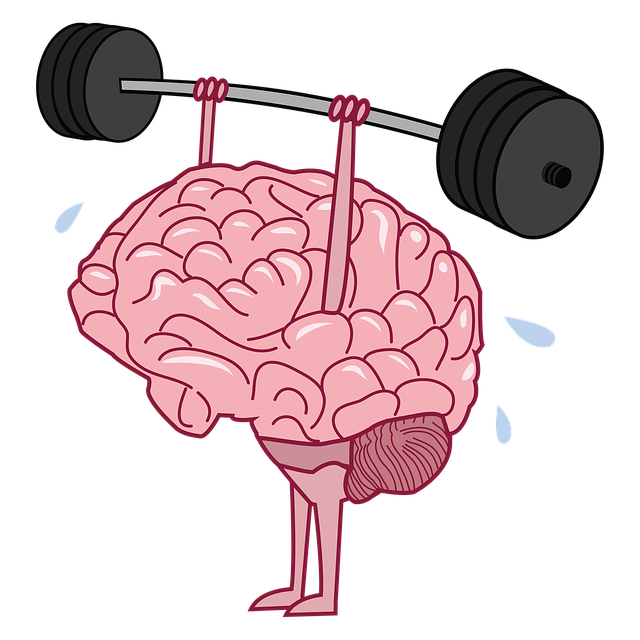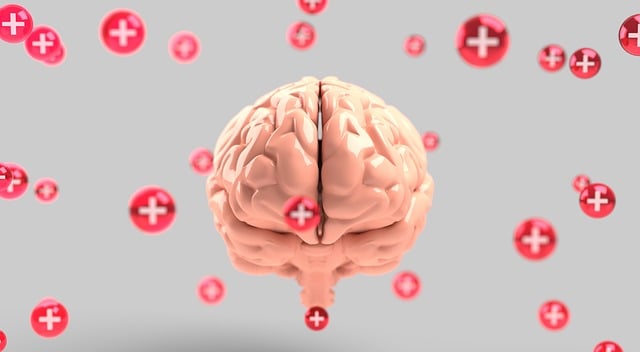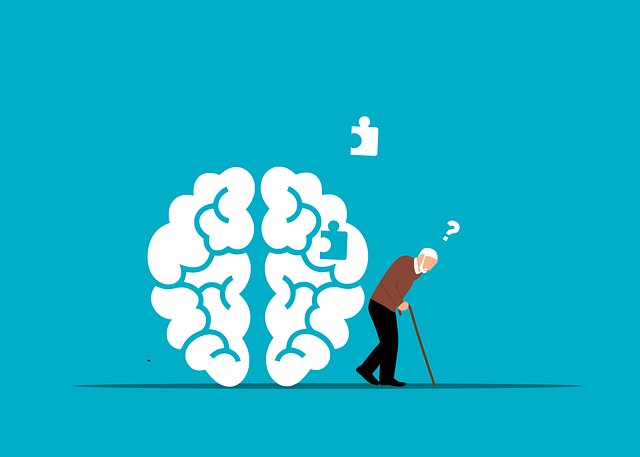Positive thinking and mindfulness meditation are powerful tools for improving mental health in individuals with ADD-ADHD in Littleton, reducing stress, anxiety, and depression while enhancing focus and emotional regulation. Regular exercise further boosts cognitive and emotional well-being. Incorporating gratitude practices, mindfulness exercises, and self-care techniques, such as those offered at Littleton ADD-ADHD Therapy, cultivates resilience and a positive mindset despite challenges. Celebrating small victories in a holistic, supportive environment promotes overall mental wellness.
Positive thinking is a powerful tool for enhancing mental health, and its benefits are backed by science. This article explores how exercise can be a game-changer in cultivating a positive mindset, focusing on cognitive function improvement. We’ll uncover practical strategies to integrate positive thinking into daily routines and provide solutions for overcoming common challenges. Discover how consistent practice leads to success, drawing inspiration from Littleton ADD-ADHD Therapy’s approach to measuring progress and celebrating every step forward.
- Understanding Positive Thinking and its Impact on Mental Health
- The Role of Exercise in Enhancing Cognitive Function
- Strategies for Incorporating Positive Thinking into Daily Routines
- Overcoming Challenges and Building a Consistent Practice
- Measuring Success and Celebrating Progress with Littleton ADD-ADHD Therapy
Understanding Positive Thinking and its Impact on Mental Health

Positive thinking is a powerful tool that can significantly influence mental health and overall well-being. It involves cultivating an optimistic mindset, focusing on the positive aspects of life, and reframing negative thoughts into more constructive ones. This simple yet profound practice has been shown to reduce stress, anxiety, and depression, while promoting resilience and better coping mechanisms. For individuals dealing with conditions like ADD-ADHD in Littleton, incorporating positive thinking exercises can be a game-changer. It helps them develop a healthier self-perception, improve focus, and enhance their ability to manage challenging situations.
By understanding the impact of positive thinking on mental health, one can actively work towards preventing burnout and promoting a sense of calm amidst life’s storms. Mindfulness meditation is an effective practice that supports this concept. It encourages individuals to stay present, observe their thoughts without judgment, and cultivate gratitude. When integrated into daily routines, these practices can lead to improved emotional regulation, increased productivity, and enhanced relationships, ultimately contributing to a happier and more fulfilling life.
The Role of Exercise in Enhancing Cognitive Function

Regular exercise plays a pivotal role in enhancing cognitive function, which is particularly beneficial for individuals dealing with conditions like ADD-ADHD in Littleton. Physical activity increases blood flow to the brain, delivering essential nutrients and oxygen that support neural health and promote neuroplasticity—the brain’s ability to form new connections and adapt. This boost in cognitive performance translates into improved focus, enhanced memory, and better decision-making skills. Studies have shown that regular exercise can help individuals with ADD-ADHD manage symptoms, leading to improved academic or professional outcomes and enhanced overall quality of life.
Moreover, integrating exercise into daily routines promotes emotional healing processes and coping skills development, aspects crucial for maintaining mental wellness. The release of endorphins during physical activity acts as a natural stress reliever, boosting mood and reducing anxiety. This combination of improved cognitive function and enhanced emotional resilience makes regular exercise a powerful tool in the arsenal of anyone seeking to optimize their mental wellness, whether through the guidance of a Mental Wellness Podcast Series Production or personal exploration of coping skills development.
Strategies for Incorporating Positive Thinking into Daily Routines

Incorporating positive thinking into daily routines can be a transformative practice, and for individuals managing conditions like ADD-ADHD in Littleton, it offers a powerful tool for self-improvement. Start by setting aside dedicated time each day for mindfulness exercises, such as meditation or deep breathing, which help calm the mind and foster positivity. These practices allow you to become more aware of your thoughts and emotions, enabling you to reframe negative ideas into more constructive ones. Additionally, maintaining a gratitude journal can be incredibly effective; take a few minutes every evening to reflect on and write down the day’s positive moments or things you’re grateful for.
For healthcare providers at risk of burnout, integrating these strategies is essential. The Burnout Prevention Strategies for Healthcare Providers emphasize the importance of self-care and stress management techniques. Crisis Intervention Guidance can be tailored to incorporate positive thinking exercises, helping professionals maintain resilience during challenging situations. Moreover, Coping Skills Development programs often include mindfulness training and gratitude practices, which have been proven to enhance mental well-being and reduce anxiety. By adopting these techniques into daily routines, both individuals with ADD-ADHD and healthcare providers can improve their overall outlook and better navigate life’s challenges.
Overcoming Challenges and Building a Consistent Practice

Overcoming challenges is a significant aspect of implementing positive thinking exercises. Many individuals, especially those with conditions like ADD-ADHD in Littleton, struggle to maintain a consistent practice due to overwhelming stressors and distractions. However, it’s essential to remember that building resilience and adopting a positive mindset are skills that can be cultivated over time. By integrating these exercises into daily routines, one can gradually enhance their ability to navigate challenges.
To foster this consistency, healthcare providers can incorporate effective burnout prevention strategies, such as crisis intervention guidance and stress management workshops. These initiatives support both personal well-being and professional development, enabling individuals to manage stressors more effectively. Through regular practice, participants can learn to transform negative thought patterns into positive ones, thereby reducing the impact of stressful situations and fostering a more balanced and resilient mindset.
Measuring Success and Celebrating Progress with Littleton ADD-ADHD Therapy

At Littleton ADD-ADHD Therapy, we believe that measuring success goes beyond mere numbers on a scale. It’s about recognizing and celebrating each step forward in an individual’s journey towards mental wellness. Our approach integrates various methods from our Mental Wellness Podcast Series Production to create a tailored experience for every client. We assess progress not just academically or behaviorally, but also emotionally and socially, ensuring comprehensive growth.
Through regular check-ins and risk assessments for mental health professionals, we maintain a safe and supportive environment. This allows us to tailor our strategies, constantly evolving them based on the latest research in mental health awareness. Every small victory, every lessened struggle, is celebrated as evidence of progress. This positive reinforcement system not only boosts motivation but also fosters a deeper sense of accomplishment, driving individuals towards their full potential.
Implementing positive thinking exercises can significantly enhance mental health, as highlighted by studies and practices like Littleton ADD-ADHD Therapy. By integrating these strategies into daily routines, individuals can overcome challenges and foster a consistent practice. Measuring success becomes an enjoyable celebration of progress, leading to a more fulfilling and optimistic life.














